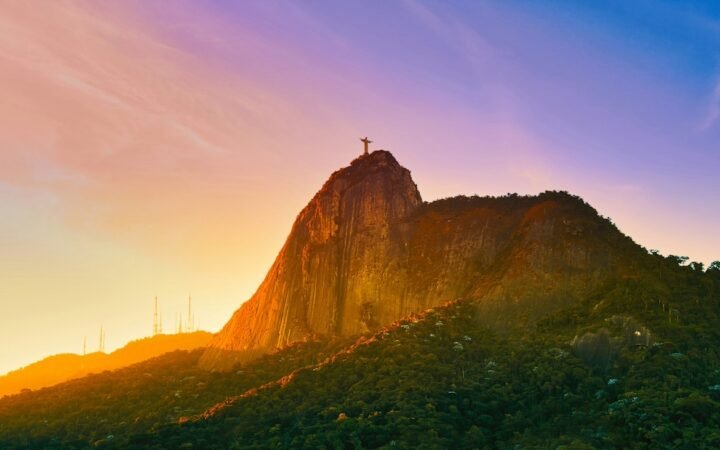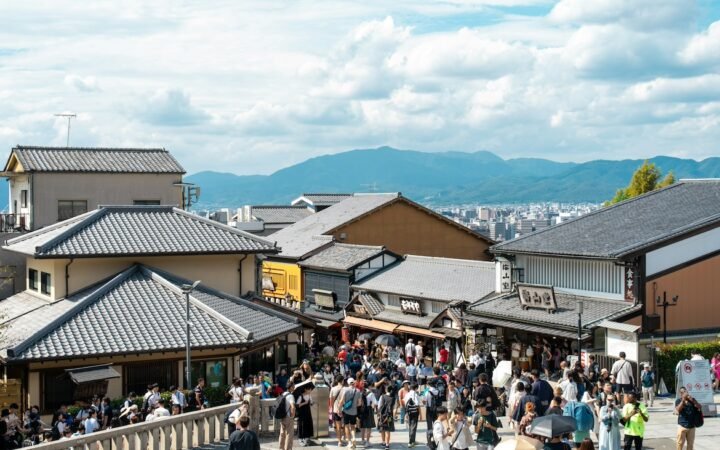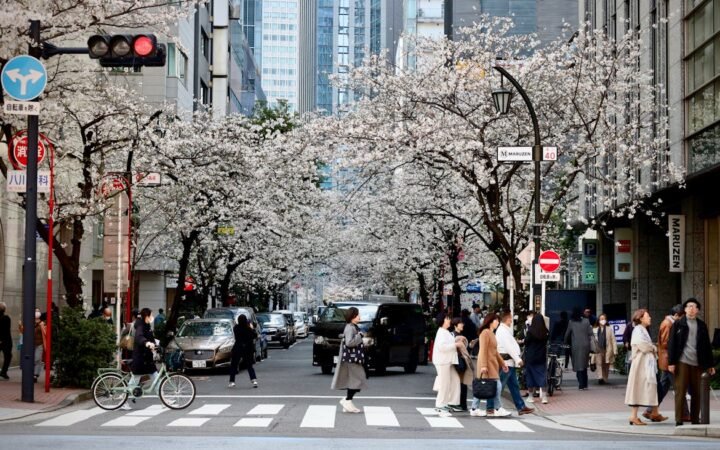
UN Report Reveals the Fastest-Growing Tourism Destinations of 2025 – with Europe Back in the Spotlight
A new UN Tourism report highlights the world’s fastest-growing destinations in 2025, with strong rebounds across Asia, Africa, South America, and Europe.








